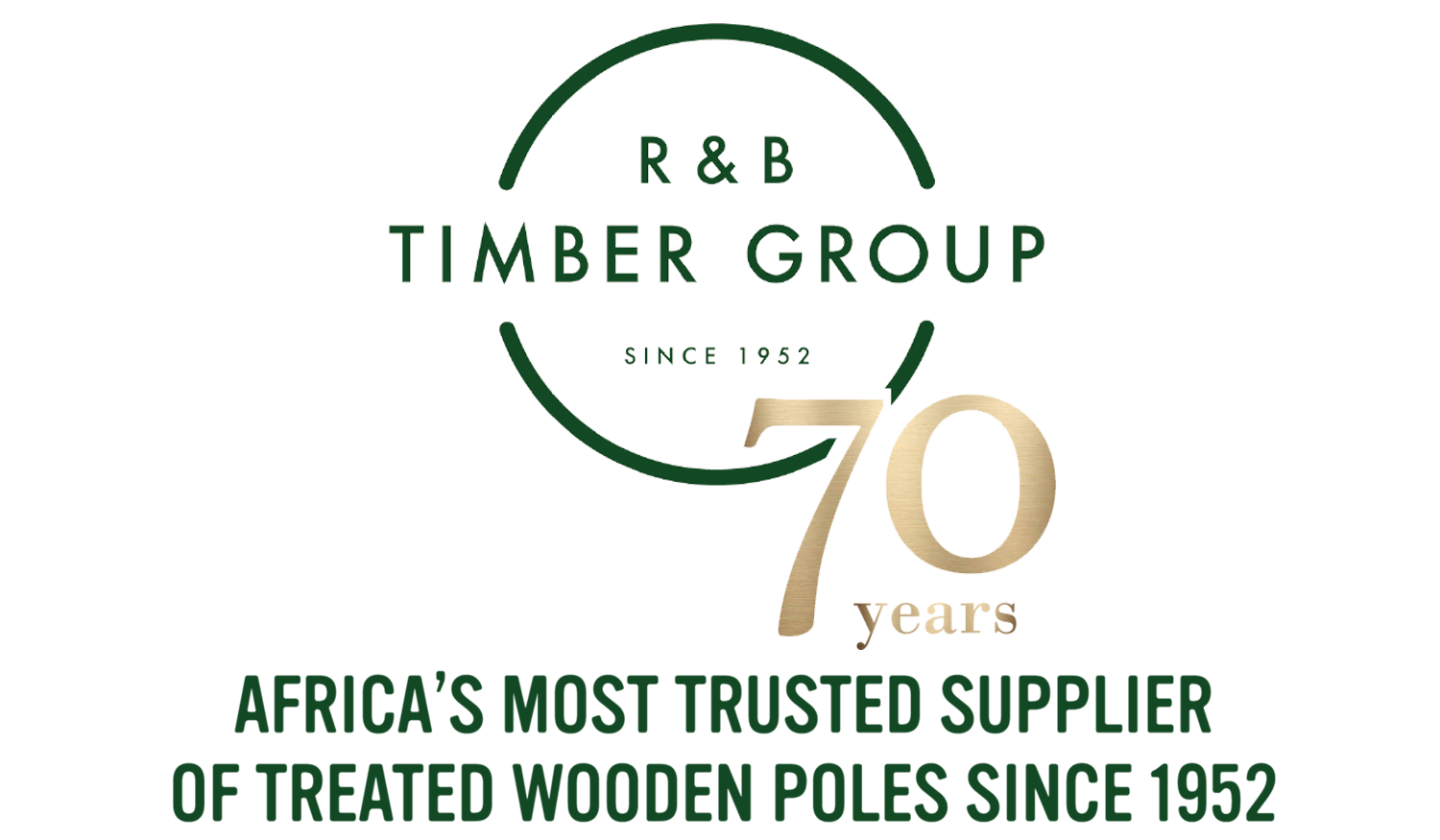Using timber fibre poles to boost internet access in West Africa
Across Africa, internet access enriches both personal lives and commerce - where access to online services can bolster access to services, products, and more. While major metropoles and civic centres offer internet access, the challenge of delivering internet access to areas both rural and suburban is paramount.
It’s for this reason why players from the likes of Google, Amazon, and Facebook have created projects to issue connectivity from weather balloons, satellites, and drones, respectively - however, network operators can now eye a more sustainable and perennial approach.
While fibre optic internet connections traditionally rely on cabling spanning thousands of kilometres which is accordingly trenched and routed underground, the use of sustainable treated timber can enable fibre connections to reach new frontiers. This is now one such approach delivering internet access to West African territories.
Why are overground fibre networks better?
Fibre connections can be installed on treated timber similarly to how wood transmission poles may carry an electrical current from a supplier to a suburban grid. Instead trenching cables beneath the ground, operators can instead mount their cables, routing, and exchanges above-ground.
The benefits of this are numerous. Not only are installation times faster, but they’re also less expensive and invasive when compared to subterranean networks. Fibre poles can even obviate the need to work through difficult West African terrain but can also be repaired more easily. Network operators may even choose to share infrastructure rather than face permits and legal obstructions when attempting to share a trench with another provider.
R&B Timber Group, a pioneer in the timber industry, has spearheaded the development of treated timber poles throughout the African continent from two treatment plants situated in Kwa-Zulu Natal, South Africa.
Under the HardPole brand, R&B Timber Group has delivered quality treated timber products to various suppliers across the continent and is one of four suppliers of treated transmission poles to South Africa’s national power utility, Eskom.
Bringing fibre internet to West Africa
The firm is now geared to deliver quality timber to establish fibre networks across the continent in countries such as Togo, Benin, Niger, Burkina Faso, and Libera, as well as the Democratic Republic of Congo.
R&B Timber Group aims to leverage its high production capacity - 120 000 cubic meters of treated poles, annually - to rapidly expand existing networks as well as to chart extensions into high take-up, profitable sectors.
Where internet access and prevalence in certain West African countries have been low - among them, only 19% of the population in Togo is connected, compared to 10% in Niger - operators can expect a rich take-up among populations that are heavily mobile-centric.
Looking to the future
The rapid establishment of overground fibre networks constituted over treated timber will only hasten internet access and prevalence to locals that have yet to have reliable connectivity.
With a solution in mind that leverages sustainability from the natural environment, and where timber is responsibly sourced and grown by leading experts, overground fibre networks can obviate the potential for network monopolies, foster reliable internet access, and can empower commerce throughout the West African region.
